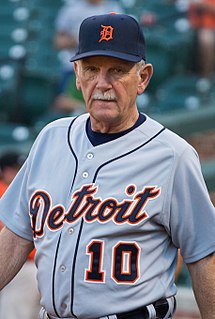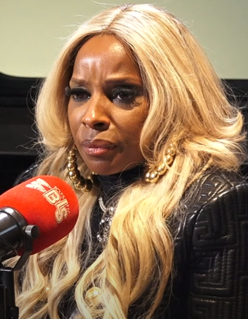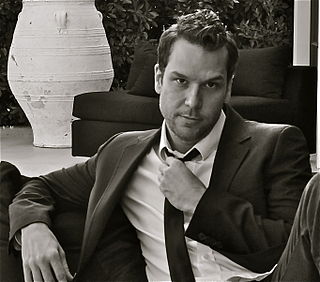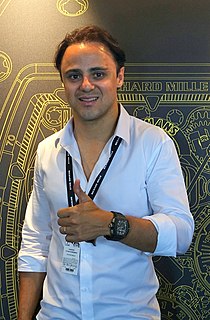A Quote by Rose McGowan
If somebody said something racist around me, or you, or most people, you would correct it, you would stop it, but when they say things about women, so frequently no one says anything. That has to change.
Related Quotes
Isn't it splendid to think of all the things there are to find out about? It just makes me feel glad to be alive--it's such an interesting world. It wouldn't be half so interesting if we know all about everything, would it? There'd be no scope for imagination then, would there?But am I talking too much? People are always telling me I do. Would you rather I didn't talk? If you say so I'll stop. I can STOP when I make up my mind to it, although it's difficult.
There seems to be something in the zeitgeist, and maybe it's a function of - I'm no analyst, nor am I a psychologist - when you look at things and say, What if I could go back and change things? I think we live in a world right now where people are asking those questions a lot. What if we could go back and change what we did? How would we change the way we handled things in the Middle East, and how would we change things with the banking industry, and how would we change economic and educational issues?
That the things that have impacted me most are not news articles written by older people that I would have no relation to; the things that impact me most are things written by people closer to my age. And I wanted to write things in a way where somebody my age could read it and feel like they are holding somebody's hand and be with somebody.
In a print interview, as you may or may not know, they [editors] can do whatever they want. And they do. This is why most people are more hesitant to do print, because they can change it, and they do change it. They even change things that are in quotation marks, which is a pet peeve of mine. I've said to numerous reporters, "Would you read me back my direct quotes?" And they always say no. They always say that's against the policy.
There was a time when I could walk down the street, Hollywood Boulevard or Beverly Drive, and somebody would come up to you and they would say, "Excuse me," and you'd barely hear them, and you'd turn around and you'd say, "Yeah, how you doing?" and they'd say, "I'm really sorry to bother you, but my aunt is a big fan of yours, and would you mind terribly if you'd just sign this paper," or whatever it is, and you're happy to do that, and the people are pretty nice about it.
I find man utterly unaware of what his wealth is or his fundamental capability is. He says time and again, "We can't afford it." For instance, we are saying now that we can't afford to do anything about pollution but after the costs of not doing something about pollution have multiplied many fold beyond what it would cost to correct it now, we will spend many fold what it would cost us now to correct it.
People who think they have no belief quite often say they want to pray but they do not know who or what they could be praying to. Aquinas would not say to such people, 'Ah, but you see, if you became a believer, a Christian, we would change all that. You would come to understand to whom you are praying.' Not at all. He would say to such people, 'If you became a Christian you would stop being surprised or ashamed of your condition. You would be happy with it. For faith would assure you that you could not know what God is until he reveals himself to us openly.'
I still wanted to race in Formula One, for a correct team, a nice team, one that is professional, where you would feel important. But there was no position for me to carry on, so I felt if that opportunity wasn't there, then it would be better for me to stop, and start thinking about doing different things.
"What would people say about you when you're gone?" That to me was a very important question. I thought about that for a couple of years and said, "What people say about you when you're gone doesn't matter. You're gone." What really matters is, "What do you say about yourself in the here and now? Are you proud of what you're doing?" If you had a short lease and it ended today, or it ends tomorrow, what would you wish you would have done? You better do it.




































